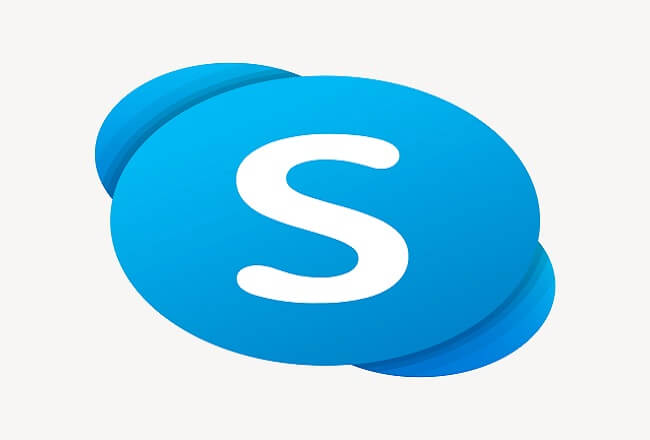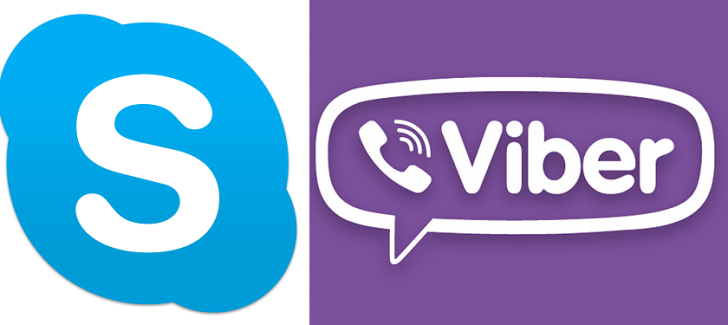Online communication services are a popular way to connect with people around the world. There are many internet based text and multimedia messaging providers.
Skype and Viber are both VoIP and messaging apps that allow users to make voice and video calls, as well as send texts, photos, videos, and other files over the internet.
Here’s the comparison between Skype and Viber.
Origin & Ownership:
Skype: It was developed by a team in Estonia, Skype was later acquired by Microsoft in 2011.
Viber: Founded by Talmon Marco, Igor Magazinnik, Sani Maroli, and Ofer Smocha, and was later acquired by the Japanese multinational company Rakuten in 2014.
User Base:
Skype: Historically, Skype was one of the earliest and most well-known VoIP services with a vast user base. Over time, however, newer platforms have taken over some of its market share.
Viber: Widely popular in certain regions like Eastern Europe and parts of Asia. It has a significant user base but may not be as widely recognized globally as Skype.
Features:
Skype: Offers voice and video calls, conference calls, messaging, screen sharing, and even has a feature for live translations on calls. Skype also has Skype for Business, a more professional version for corporate users.
Viber: Provides voice and video calls, messaging, group chats, stickers, and public accounts/channels. Viber also offers end-to-end encryption for calls and messages.
Quality & Performance:
Skype: Generally provides good call quality, but performance may vary based on the internet connection.
Viber: Known for its good call quality even on low-bandwidth connections.

Integration:
Skype: Being owned by Microsoft, Skype integrates with other Microsoft products, including Office 365 and Outlook.
Viber: Does not have the same level of integration with other platforms, but it does offer the ability to sync with mobile contacts easily.
Cost:
Skype: Offers free Skype-to-Skype calls. There are charges for calling landlines or mobile numbers, but they are generally competitive. Skype for Business has its pricing structure.
Viber: Free for Viber-to-Viber calls and messages. Viber Out, which allows users to call non-Viber numbers, has its own rates, which are also competitive.
Platform Availability:
Both Skype and Viber are available on multiple platforms, including Windows, macOS, iOS, Android, and even Linux (for Skype).
Monetization:
Skype: Offers a freemium model, where users can use most features for free but pay for things like Skype credits to call landlines and mobiles or for specific business features.
Viber: Also uses a freemium model, offering sticker packs, Viber Out credits for calls to non-users, and advertising through public accounts.
Stickers and Extras:
Skype: Offers various emoticons and some stickers.
Viber: Known for its diverse range of stickers, some of which are free and some of which can be purchased. Viber often releases stickers relevant to cultural events or popular trends.
Which is better? (Editor’s Thought)
The answer to this question largely depends on your specific requirements, where you live (since one might be more popular or reliable in your region), and what devices or services you’re integrated with.
For business users deeply integrated into the Microsoft ecosystem, Skype might make more sense. For those valuing end-to-end encryption or living in areas where Viber is dominant, Viber might be the better choice. It’s always a good idea to test both and see which one meets your needs best.
Final Notes
The choice between Skype and Viber depends on individual or business needs and personal preferences. Skype might be a better choice for those deeply integrated into the Microsoft ecosystem or for professional needs.
On the other side, Viber might appeal to those looking for different set of features. It’s also important to consider where most of your contacts are—if most of your family and friends use one platform, it might make sense to stick with that platform.

